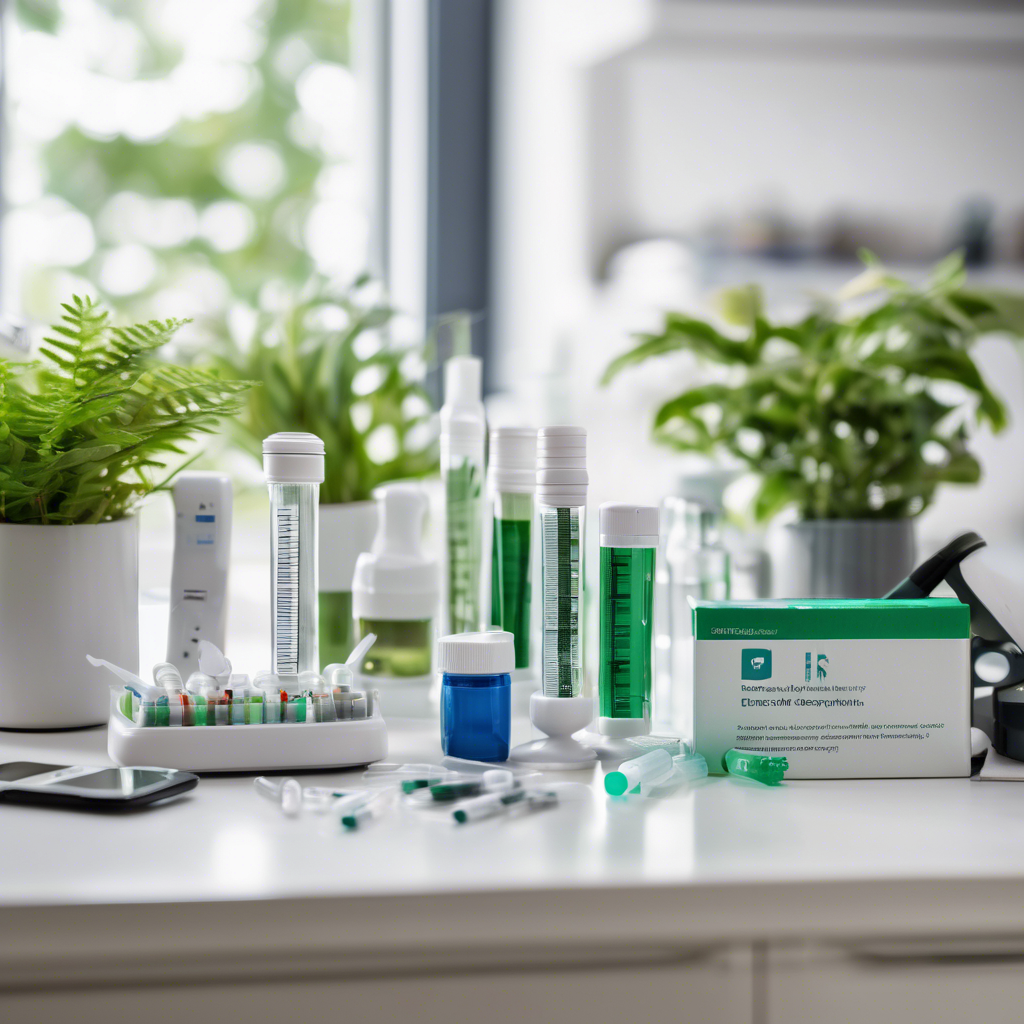
Cancer continues to be one of the most formidable health challenges worldwide, claiming millions of lives each year. Yet, amidst this grim statistic lies a beacon of hope: up to 80% of cancers can be prevented if detected early or avoided through lifestyle changes. This remarkable figure underscores the power of proactive health management and the critical role of early intervention. Thanks to groundbreaking progress in genetic analysis, artificial intelligence, and preventive oncology, people today can assess and manage their cancer risk from the comfort of their homes, shifting from reactive treatment to confident prevention.
Personalized cancer risk assessment has emerged as a game-changer in this field. Unlike generic guidelines, these assessments delve deep into the unique fabric of an individual’s genetic makeup, lifestyle habits, and environmental exposures. By examining such factors in tandem, they provide a tailored evaluation of cancer susceptibility. Imagine it as having a personalized health GPS that not only charts your current risk but also suggests tailored routes to minimize that risk. This precision empowers individuals to make informed choices—whether about diet, exercise, or medical surveillance—thereby enhancing their chances of dodging this disease.
Genetic testing is at the heart of these personalized assessments. Tools like OncoScreen analyze a panel of genes known to elevate the risk for cancers like breast, colorectal, and prostate cancer. By revealing inherited mutations, these tests offer invaluable foresight, allowing individuals to understand their predispositions and strategize accordingly. It’s akin to peering into your genetic blueprint for warning signs. What makes this approach even more accessible is the rise of at-home testing. No longer confined to clinics, companies such as MyHealthspan provide hereditary cancer DNA tests that require nothing more complicated than a simple saliva sample. This innovative approach not only removes barriers to testing but also democratizes access to preventive healthcare.
Despite the convenience of at-home genetic tests, understanding their results can be complex. This is where professional guidance steps in. Genetic counseling ensures that individuals interpret their results with clarity and context, enabling the development of personalized prevention and screening strategies. For instance, Eugene Labs combines their proactive cancer risk test with expert counseling, helping individuals grasp the nuances of their data and craft effective health plans. The human touch remains essential—because knowledge without understanding can breed unnecessary anxiety or complacency.
Interestingly, genetics only tell part of the story. Lifestyle choices wield considerable influence over cancer risk, and adopting healthy habits can reduce this risk by impressive margins. Programs like Catch go beyond genetics, analyzing over 500 risk factors to design personalized action plans that include diet, exercise, and environmental adjustments. Their data-driven approach demonstrates that lifestyle can reduce cancer risk by up to 60%. This holistic view reminds us that while we can’t change our genes, many aspects of our cancer risk lie within our control. In fact, research shows regular physical activity can lower risks for colon, breast, and lung cancers, and diets rich in fruits and vegetables offer protective benefits through antioxidants.
Cancer risk is not static; it shifts over time influenced by aging, habits, exposures, and evolving scientific understanding. Hence, continuous monitoring becomes crucial. By regularly updating risk profiles, services like Catch allow individuals to adapt their prevention strategies proactively. Think of it as maintaining your health like tending a garden—consistent care and adjustments keep it thriving. The integration of technology for ongoing assessments marks a new era in personalized preventive care, moving from one-time testing to dynamic management of health risks.
Taking control of your health in the face of cancer might sound daunting, but today’s tools make it both accessible and empowering. By embracing personalized genetic testing, seeking professional counsel, and committing to lifestyle changes tailored to your risk profile, you significantly improve your odds of preventing cancer. Remember, the most powerful weapon against cancer isn’t just treatment—it’s early detection and strategic prevention. As the saying goes, the best time to plant a tree was 20 years ago; the second-best time is now. Don’t wait for cancer to take control—take charge today and invest in a healthier tomorrow.
#CancerPrevention #GeneticTesting #HealthInnovation #PersonalizedMedicine #PreventiveCare #HealthyLifestyle #EarlyDetection
Leave a Reply